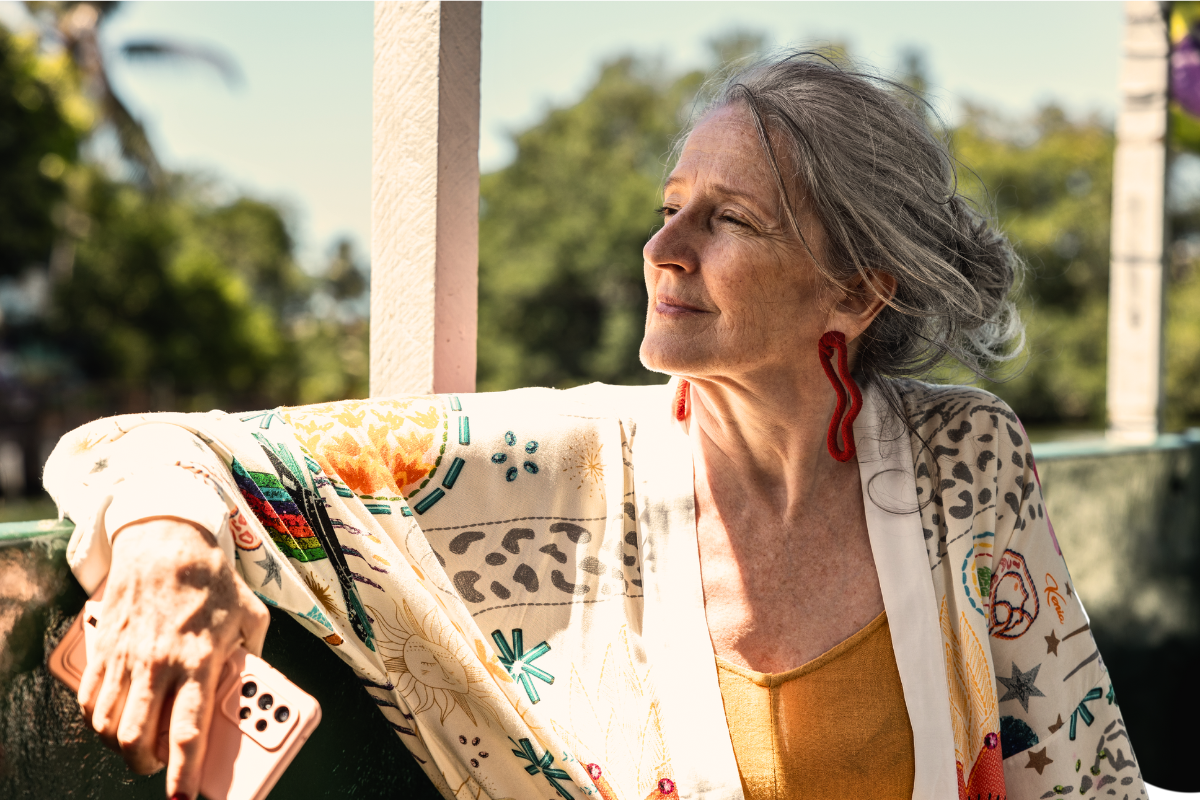What is social abuse?



If your partner’s gambling is starting to take a toll on you or your relationship, you’re not alone.
While gambling can be harmless fun when it’s kept in check, things can sometimes spiral — leading to stress, arguments, money worries, and breakdown in trust.
We’ve put together some advice to help you protect yourself, your money, and the people you care about when gambling starts to feel like a problem. We’ll also go through what free support options are available in Queensland.
Even if your partner’s gambling doesn’t seem like a big issue right now, it’s okay to put some safety measures in place. Taking small steps now can help protect you down the road.
Here are some steps you can take:
Our Gambling Help Service (GHS) counsellors often suggest having an “escape fund” if your partner is gambling. This could be a second bank account or some cash tucked away, just in case you ever need it.
“That sense of needing safety is always with us, for good or bad. And if an escape fund helps a person feel safe, then it’s doing its job.”
-Helen, GHS Counsellor
Financial abuse is when someone controls or manipulates your money to make you dependent on them. It can leave you feeling stuck or powerless.
Financial abuse isn’t always easy to spot – especially when it’s mixed in with things like trust, guilt, or someone saying they’re “looking after you” or “trying to help.” Cultural beliefs or gender roles about who should handle the money can make things even more confusing.
When gambling is involved, signs of financial abuse can include:
If any of this feels familiar, remember that it’s not your fault. Free support is available.
When gambling becomes harmful or a ‘problem,’ it doesn’t just affect the person placing the bets – it can deeply impact everyone around them, too.
Harmful gambling might lead to:
Children in families where gambling harm is present may experience:
Gambling harm can leave lasting marks on both children and adults. That’s why taking precautions is so important.
If your partner’s gambling is affecting your life, there is free and confidential help available.
You’re not alone. Together, we’ll find a way to get through your partner’s gambling.
You can:
Our Gambling Help Service (GHS) provides free, ongoing counselling to anyone impacted by gambling – whether it’s the person gambling or their loved ones. We can also connect you with other helpful services, like legal support or financial counselling.
If anything in this article has made you worry about abuse or safety in your relationship, please know that help is available. You can ring 1800RESPECT for support with family and domestic violence.

Respect, safety, and dignity are things that all Australians deserve in their relationships with others – regardless of their age.
Elder abuse, or senior abuse, is defined as the mistreatment of seniors by a trusted individual, usually a family member or carer.
It’s important for all of us to be informed about elder abuse and how to seek help when it occurs.
If you’re worried about yourself or an older loved one in your life, we discuss some free options for support and safety.
There are several types of elder abuse, and they can co-exist and overlap.
These are the types of elder abuse recognised in Australia:
Psychological elder abuse is the most common in Australia, followed by neglect.
You can learn more about the signs of specific types of abuse in this article, What is elder abuse?.
Abuse can be a very complex situation. It affects everyone differently, so the signs may sometimes be difficult to spot.
Signs can also be difficult to spot because sometimes, the perpetrator isolates the person they’re abusing. This is especially true in cases where social abuse is present.
Some signs you should check in on an older person might include:
These signs don’t always indicate abuse; they may indicate loneliness or mental health concerns.
Only one in three older Australians who experience abuse seek help.
It’s up to all of us to look out for the older people in our lives. They can be vulnerable to enduring abuse; for example, they may depend on the perpetrator for caretaking.
If you’re concerned about an older loved one, here are some resources you can use:
Here are some tips on how to talk to an older person you’re worried about.
If you or someone you know may be experiencing elder abuse, the Elder Abuse Prevention and Support Service (EAPSS) is here to help.
We provide free support, case management, resources, and referrals to keep you safe and connected.
You can contact EAPSS at 1300 063 232.